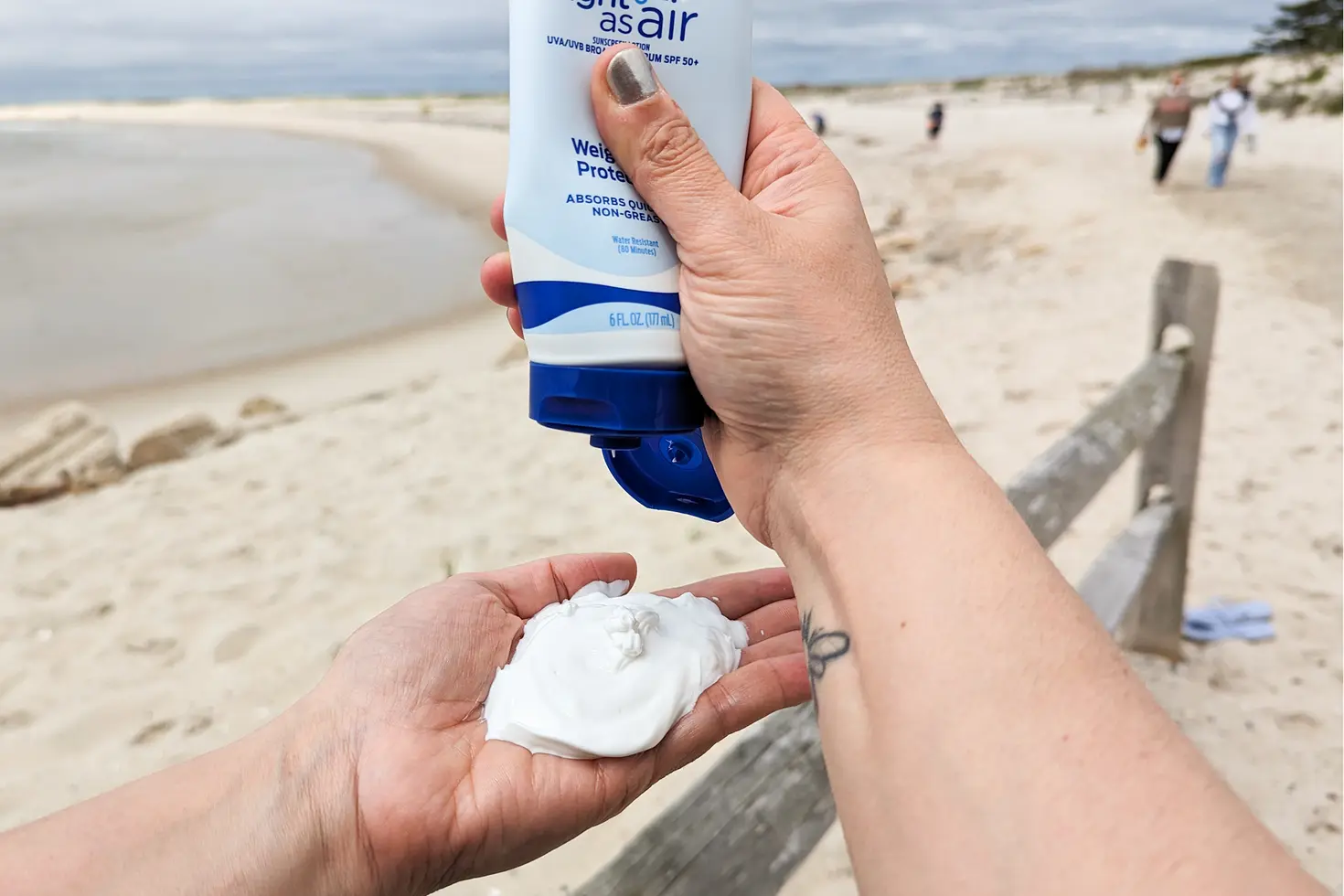Hot Dog-Eating, Testosterone Testing, and Mewing Gum

On Tuesday, I received a push-notification from The New York Times. Breaking news, you know. Important stuff. Joey Chestnut was out of this year's hot dog eating contest at Coney Island.
Chestnut, who's won the competition sixteen times, has split with the sponsor of the Fourth of July event, Nathan's Hot Dogs, after cutting a sponsorship deal with Impossible Foods, which makes a vegan dog. The Times didn't break the story, noting with some derision that "the split was made public on Tuesday the way shocking celebrity divorces often are: in the pages of The New York Post."
And as Jamie Loftus, author of Raw Dog: The Naked Truth about Hot Dogs, explained in an Instagram reel, there's even more to the story than the "woke foods" angle that – no surprise – conservative publications like The Post are running with. The hot dog-eating contest is run by a company called Major League Eating (MLE), which she likens to the WWE – sports spectacle, anyone? – and all that implies about theatrics, masculinity, and xenophobia. Joey Chestnut as a brand has, Loftus argues, become more valuable than the contest; people watch "the beef barf" (The New York Post's description, not mine) to watch Chestnut. MLE lose if he walks away. MLE is notoriously controlling about who its "athletes" can take money from, and Chestnut is now free to take other sponsorships; and if nothing else, the endorsement of a vegan hot dog is pretty interesting – even if it's maybe a stretch to call it "culturally significant." (Remember, according to Big Hot Dog, Americans eat on average 70 hot dogs a year – which is certainly bullshit, but still. We do pretend to like eating hot dogs.)

Elsewhere, The Washington Post writes about the "shadow system of DIY medical tests," the booming market for at-home blood and saliva tests, done without a doctor's prescription, aimed at diagnosing conditions that the medical establishment can't (or won't). All sorts of startups have popped up to serve this growing "wellness" market, and many doctors argue that these tests lead to questionable diagnoses and unnecessary interventions. A press release from one such startup this week, for example, claims that more men are suffering from hormone imbalances," advocating its "free testosterone exams."
And there is certainly a pervasive narrative about low testosterone levels as a threat to men's health (to their very masculinity), one that is used to justify the normalization of steroid use – something that GQ examines in its latest issue: "Why Is Everyone on Steroids Now?" (Some studies have found that as much as 60% of male gym-goers are using steroids.) Elsewhere in how the Internet drives "looksmaxxing," a trend, popularized via social media, encouraging boys and men to "maximize" their physical appearance through a variety of practices and technologies: "Does the Facial-Fitness Gum Teen Boys Love Actually Work?" asks The Cut.
Elsewhere in medical technologies becoming "wellness" technologies, the FTC has cleared Abbott to sell its continuous glucose monitors over-the-counter. And what about continuous lactate monitoring? Allure on "holecare," promising to "get to the bottom of the burgeoning business of butt care." 404 Media on "outsourcing the Adderall hunt": "For $50 a prescription, a freelancer overseas will call pharmacies in your area to find Adderall and weight loss drugs like Mounjaro or WeGovy."

Apple held its annual developer conference this past week, and I think most journalists just wanted to talk about the incorporation of OpenAI into Siri. (I’ll write more about this too, I reckon.) Among the other product announcements, the new "watchOS 11 brings powerful health and fitness insights": a new Vitals app for you to fixate over the data it collects about your health, and a Training Load indicator for you to fret over your fitness and recovery. Actually, that last bit is something that Apple Watch wearers have long asked for: the ability to pause your rings without it affecting your Move streak. “Finally, the Apple Watch will let you rest,” says The Verge. I mean, you could already rest, but operant conditioning and nudges — such powerful things. In other fitness tracker news, Ars Technica writes that "Google’s abuse of Fitbit continues with web app shutdown." We could shut it all down, tbh. Our health might actually be better for it.
Thanks for reading Second Breakfast. If you're a paid subscriber, I'll be back in your inbox on Monday with a look at some more thoughts on artificial intelligence, at Apple and elsewhere. Et cetera. If you're not a paid subscriber, that's fine! Enjoy the silence. Try to ignore all the push notifications, not just the ones that tell you you've received another email from me.





